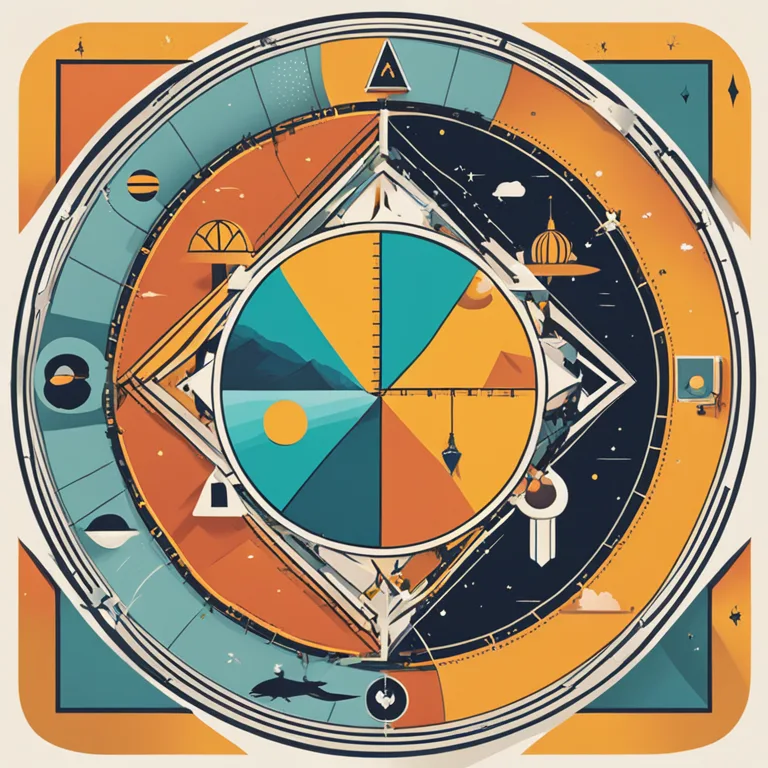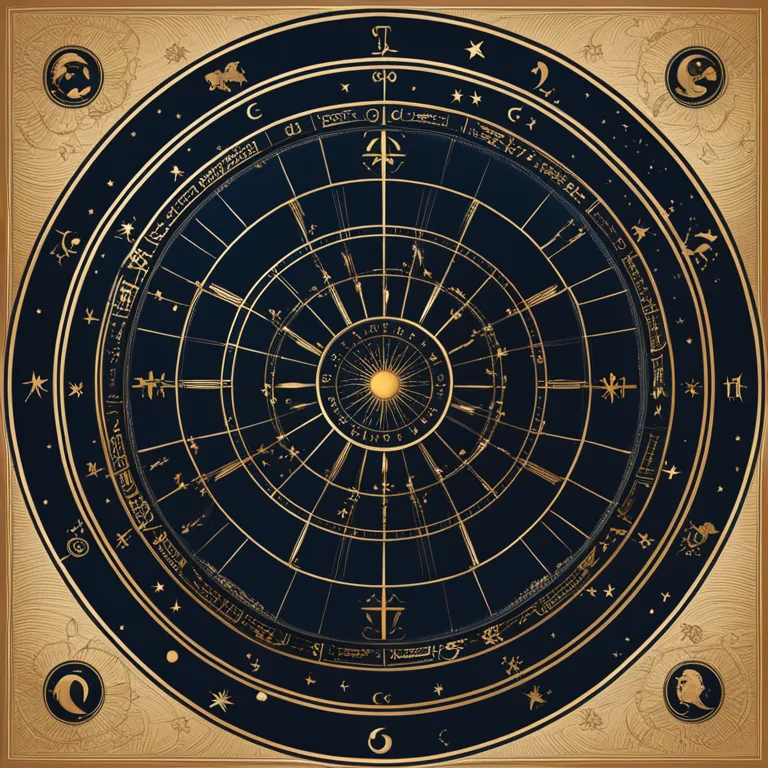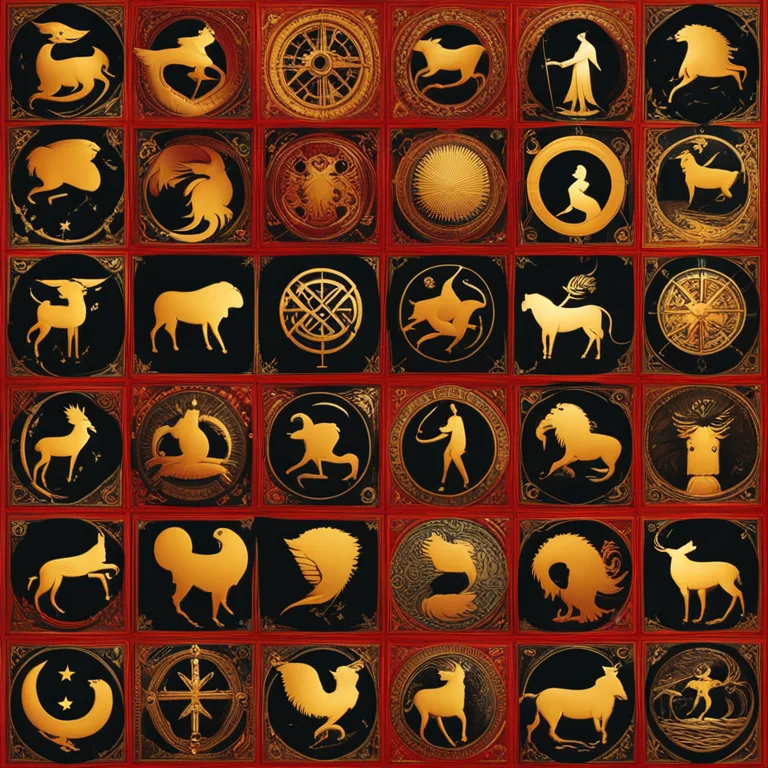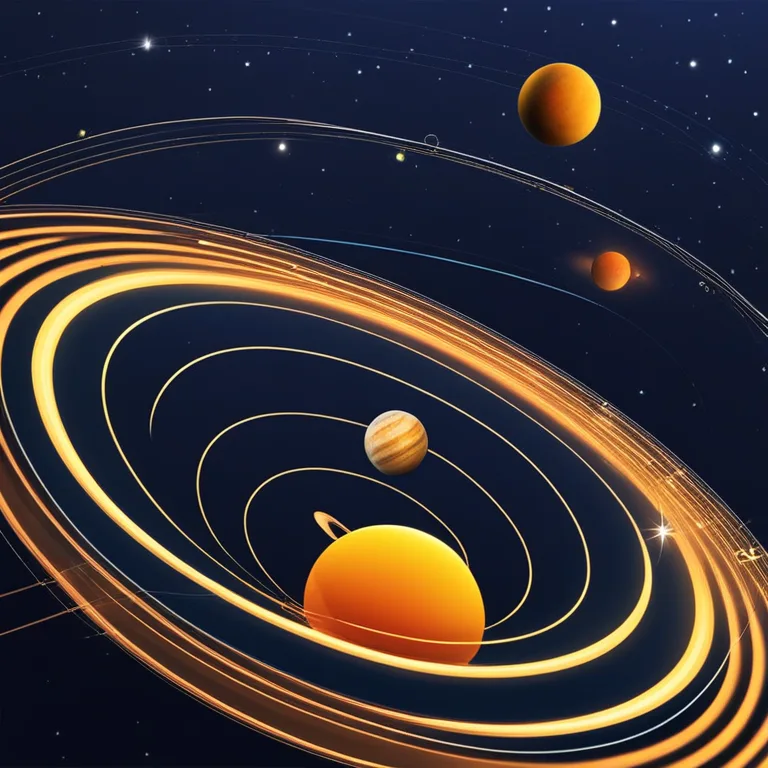
Zodiac Signs: Exploring The Roots
Discover the ancient origins of zodiac signs and their place in astrological history.
article by Sofia Ferguson
Stellar Beginnings
The journey of the zodiac signs begins with the ancient civilizations that first turned their eyes towards the heavens in an attempt to understand their world. Thousands of years ago, our ancestors noticed patterns in the stars and recognized that these celestial bodies followed a predictable path across the sky. They divided this heavenly belt into twelve distinct segments, each associated with a different constellation visible during specific times of the year. This celestial division laid the groundwork for what we now know as the zodiac signs, which have become integral to astrological practices and beliefs extending into 2024 and beyond.

The Zodiac Circle
The term 'zodiac' has Greek origins, stemming from the word 'zodiakos,' which means 'circle of animals.' Indeed, most of the zodiac constellations are named after animals, with each sign representing a segment of the ecliptic—where the sun, moon, and planets appear to travel through the sky. Each zodiac sign occupies a 30-degree sector of the sky, forming a 360-degree circle reflective of the calendar year. This cosmic circle is more than a celestial division; it has evolved into an astrological tool for divining personality traits, forecasting life events, and understanding human behavior as we traverse beyond 2024.

Astrological Symbiosis
The intricate relationship between our planet's motion and the positioning of the zodiac signs is a cornerstone of astrology. While astronomy focuses on the scientific study of celestial bodies, astrology delves into how these cosmic entities influence our lives. For instance, your zodiac sign, determined by the position of the sun at your birth, is said to shape your character and destiny. As we craft forecasts for the years ahead, including 2024, astrologers examine the dynamic interactions between the moving planets and the static zodiac signs to unveil insights and guidance for individuals and groups alike.

Mythological Imprints
Beyond their astronomical significance, each zodiac sign is steeped in mythology, particularly from Greek and Roman traditions. The myths associated with each constellation often reflect the qualities attributed to their corresponding zodiac signs. For instance, the valor and leadership qualities of Aries can be traced back to the golden ram's narrative from Greek mythology. Similarly, the balance-seeking nature of Libra finds its origin in the story of the goddess Themis, who personifies justice and fairness. As we move forward, these timeless stories continue to resonate, illuminating the cultural depth of the zodiac.

Modern Manifestations
Today, zodiac signs continue to exert a profound influence on popular culture, with horoscopes and astrological predictions being a staple in many people's lives. The characteristics ascribed to the signs serve as a framework for understanding oneself and others. As we approach 2024 and the future, modern astrology incorporates traditional knowledge with contemporary issues, ensuring its relevance and utility in our ever-evolving society. Whether seeking personal growth, relationship compatibility, or career guidance, the zodiac signs offer pathways to deeper introspection and cosmic connection.
A Living Legacy
The origins of the zodiac signs are a testament to humanity's enduring interest in the cosmos and our place within it. Whether through horoscopes or more in-depth astrological analyses, the wisdom of the zodiac continues to guide and inspire. Looking towards 2024, we embrace the legacy of the ancients while adapting astrological insights to the challenges and opportunities of modern life, forging a celestial bridge from the past to the present and into the future.
Published: 12/18/2023
Modified: 12/18/2023
More predictions
Come back here soon to learn more about yourself and your future


The Intersection Of Numerology & Astrology
Delve into the synergistic realm where numbers and celestial bodies interplay, enriching the wisdom of both numerology and astrology.


The Reality of Numerology
Delving into the credibility of numerology as both a mystical insight and a topic of scientific debate – what's the verdict?